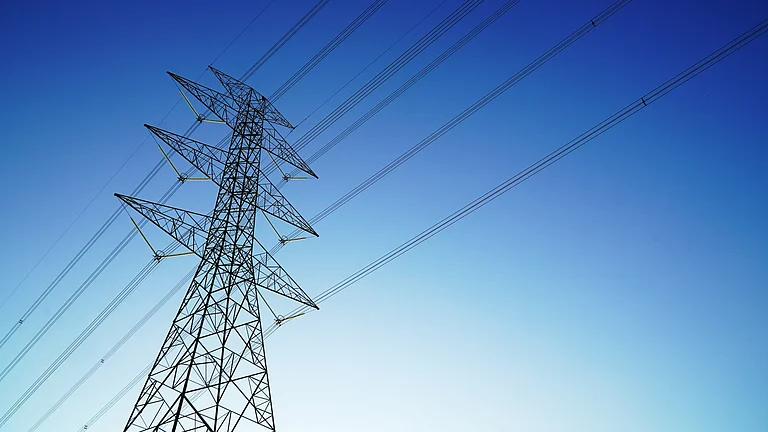Mumbai, November 5: Converting your physical shares into a demat or electronic mode is often a tedious process. Let alone getting done away with physical share certificates. Those share certificates that you purchased during 90s, the time when the market was frenzy about the initial public offering (IPO), today runs a high risk of someone faking your certificate, forging transfer or you losing your physical shares.
Having said that the market regulator on November 5, 2019, Securities and Exchange Board of India (Sebi) issued a circular asking depositories, recognised stock exchanges and all listed companies to enhanced due diligence for dematerialization of physical securities.
Sebi has directed all listed companies to provide data of their members holding shares in physical mode including the name of shareholders, folio numbers, certificate numbers, distinctive numbers and PAN as on March 31, 2019 to the depositories, latest by December 31, 2019. On the other hand, depositories, are required to capture the relevant details from the static database, as well as validate any dematerialization request received after 31 December, 2019. “In case of mismatch of name on the share certificate(s) vis-à-vis name of the beneficial owner of demat account, the depository system shall generate flag or alert,” said Sebi in the circular.
However, in case of complete mismatch of name on the share certificate(s) vis-à-vis name of the beneficial owner of demat account, the applicant is expected to approach the issuer company for establishing his title/ownership. Dematerialisation or demat is the process of converting the physical form of shares or certificates and retaining ownership of those shares in electronic mode – in a depository (NSDL and CDSL).
Today, holding shares in demat form is not mandatory, but certain instances where trades falls under Group A and B shares under BSE are required compulsory to demat for transfer and delivery. Also selling shares and purchasing IPO now require a demat account. What’s more is that new company issuing shares (IPOs) are being issued in demat mode only.































